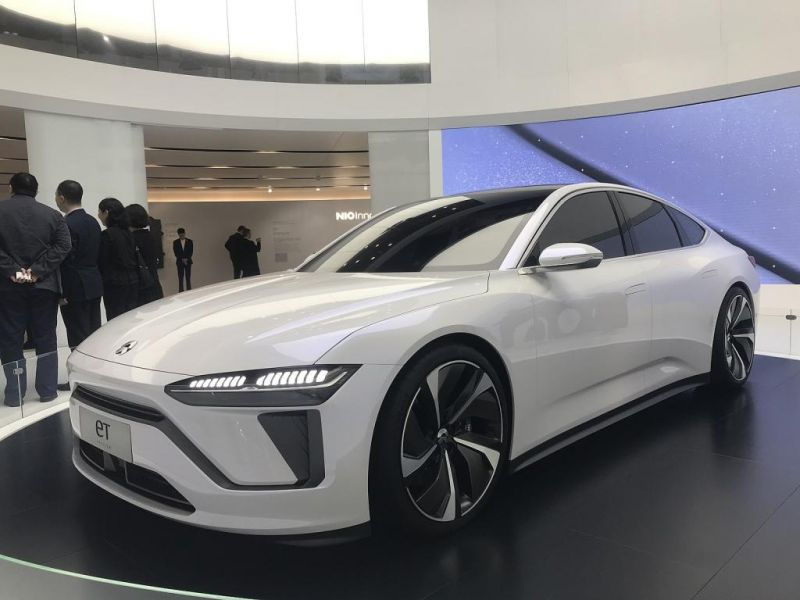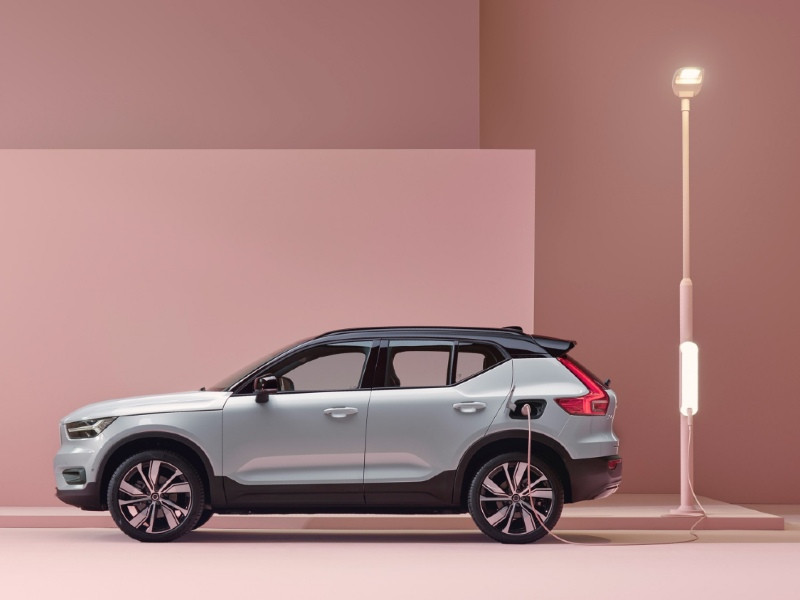The automobile has come a long way since its inception over a century ago. From the humble beginnings of the Model T to the sleek and sophisticated vehicles of today, the auto industry has witnessed a remarkable evolution. But this evolution is far from over. In fact, we are standing at the cusp of a new era in automotive technology that promises to revolutionize the way we drive, commute, and interact with our vehicles. Welcome to the future of auto technology.
One of the most significant trends in the automotive industry is the rise of electric vehicles (EVs). With concerns over climate change and environmental impact, automakers are shifting their focus towards cleaner, greener alternatives to traditional combustion engines. EVs are not only more sustainable but also offer several advantages over their fossil-fuel counterparts. They are more energy-efficient, produce zero tailpipe emissions, and require lower maintenance. Moreover, advancements in battery technology have significantly improved the driving range and charging infrastructure, making EVs a viable option for everyday use.
Another exciting development in the auto industry is the advent of autonomous vehicles (AVs). While self-driving cars were once a concept confined to science fiction, they are now becoming a reality. Companies like Tesla, Waymo, and Uber are investing heavily in autonomous technology, aiming to create a future where vehicles can navigate roads and transport passengers without human intervention. AVs promise increased safety, reduced traffic congestion, and improved mobility for individuals with disabilities or limited access to transportation. However, questions regarding liability, cybersecurity, and public acceptance remain, requiring further exploration and regulation.
Beyond EVs and AVs, connected cars are redefining the driving experience. Modern vehicles are equipped with an array of sensors, cameras, and communication systems that enable them to interact with other vehicles, infrastructure, and the surrounding environment. This connectivity opens up a world of possibilities, from real-time traffic updates and predictive maintenance to personalized entertainment and enhanced safety features. For instance, vehicles can communicate with each other to avoid collisions, warn drivers of potential hazards, and even self-diagnose mechanical issues. The era of the Internet of Things (IoT) has arrived on the roads.
Furthermore, automotive design is undergoing a transformation to accommodate the changing needs and preferences of consumers. With the emergence of shared mobility services, such as ride-hailing and car-sharing platforms, vehicles are becoming more versatile and adaptable. Concepts like modular platforms and swappable components allow for seamless customization and upgradability. Additionally, sustainability and eco-friendliness are influencing the materials used in manufacturing, with a shift towards lightweight, recyclable, and renewable resources. The integration of augmented reality (AR) and virtual reality (VR) technologies in car interiors is also on the horizon, offering immersive and personalized driving experiences.
The auto industry’s transformation extends beyond the vehicles themselves and encompasses the entire ecosystem. Traditional automakers are partnering with tech giants and startups to leverage their expertise in software development, artificial intelligence, and data analytics. This collaboration is driving innovations in areas like advanced driver-assistance systems (ADAS), smart infrastructure, and mobility-as-a-service (MaaS) solutions. Moreover, the rise of electric mobility is fostering the growth of renewable energy sources, such as solar and wind, to power charging stations and reduce reliance on fossil fuels.
In conclusion, we are witnessing an automotive revolution that promises to reshape the way we perceive and interact with automobiles. Electric vehicles, autonomous technology, connected cars, and sustainable design are just a few aspects of this transformative journey. As we navigate towards a future of cleaner, safer, and more intelligent transportation, it is essential to address challenges such as infrastructure development, regulatory frameworks, and ethical considerations. The auto industry’s transformation is not only about the vehicles we drive but also about the way we move, connect, and experience the world around us. Buckle up, for the future of auto technology is here, and it’s nothing short of extraordinary.




